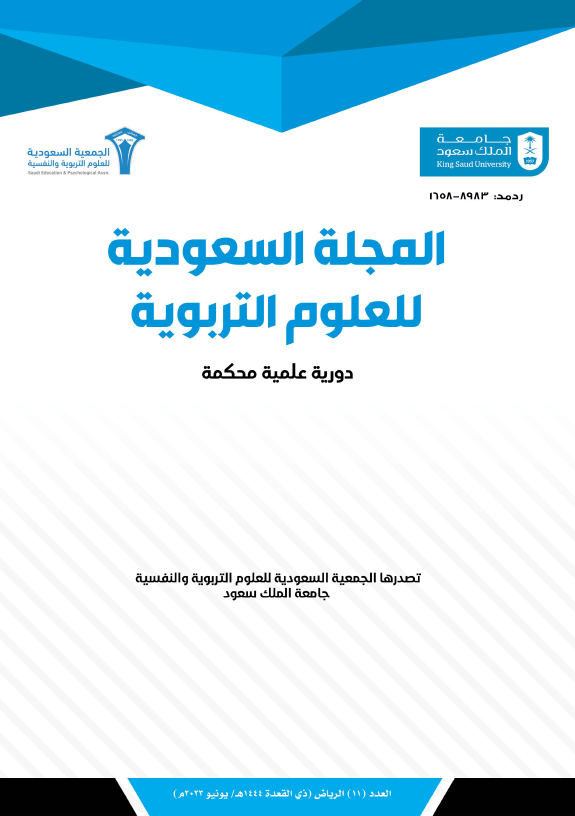The Relationship between Students’ Attitudes Towards Mathematics and their Mathematical Achievement According to TIMSS 2015: A Comparative Study Among Saudi Arabia, South Korea, Singapore, and the United States of America
Keywords:
student attitudes towards mathematics; mathematics achievement; TIMSS 2015Abstract
This study utilized the mathematics data from the Trends in International Mathematics and Science Study (TIMSS 2015) to investigate the effects of students’ attitude scales (students’ views on engaging in mathematics lessons, students like learning mathematics, students’ confident in mathematics, students’ value mathematics) on 8th-grade student mathematics achievement in Korea, Saudi Arabia, Singapore, and the United States. According to the F-test findings showed that for each scale of attitudes towards mathematics, students who reported being engaged in, liking, feeling confident in, and valuing mathematics had higher average mathematics scores than their counterparts in four countries. However, the multiple regression model showed a different direction of result which indicated that students’ views on engagement in mathematics lessons had relatively little negative effect on their mathematics achievement in TIMSS 2015. However, a positive effect on achievement was seen in Singaporean 8th-grade students who reported that they like learning mathematics and in Korean 8th-grade students who reported that they value mathematics. In four countries, 8th-graders’ confidence in mathematics variable was found to be a significant predictor for their mathematics achievement.




